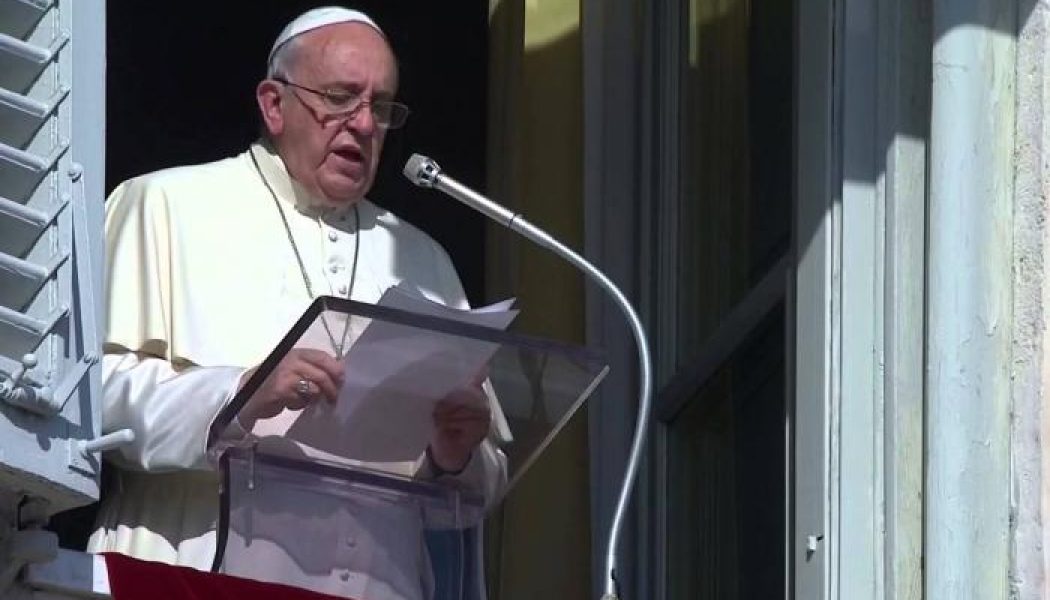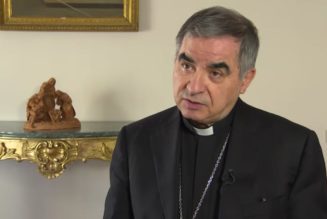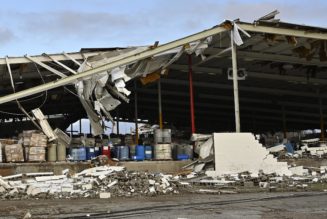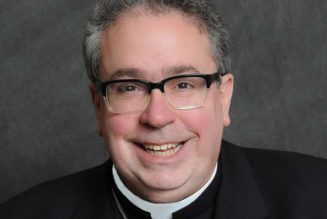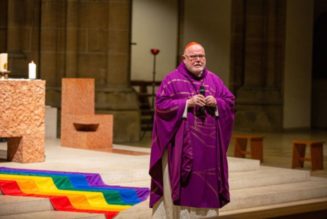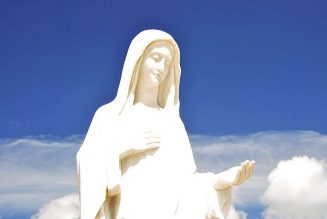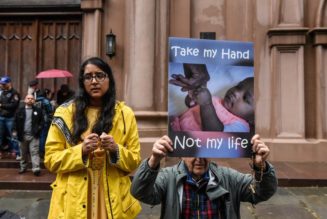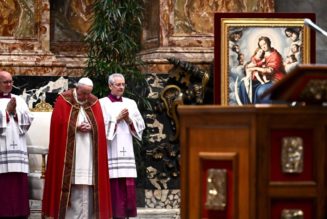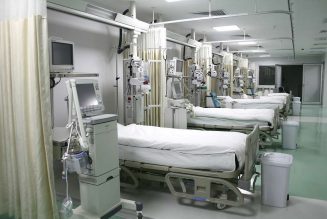
“Jesus invites us not to be afraid to live in the world, even if sometimes there are conditions of conflict and sin in it,” said Pope Francis. “Jesus at the last supper did not ask the Father to remove the disciples from the world, but to keep them from the spirit of the evil one.” Through people trafficking, “criminal organisations are increasingly using modern means of communication to entice victims through deception.” For Syria, the pontiff calls for “talks and negotiations, in accordance with international humanitarian law, to safeguard the lives and welfare of civilians.”
Vatican City (AsiaNews) – In his Angelus address today, Pope Francis urged Christians to live the “presence and testimony” as “salt” and “light” in the world. “Jesus,” he explained, “invited us not to be afraid to live in the world, even if sometimes there are conditions of conflict and sin in it.”
Following the Marian prayer, the pontiff renewed his plea for north-western Syria (Idlib), where the Syrian army has been trying for weeks to seize the last stronghold of the Islamic State group.
Referring to the Gospel in today’s Mass (5th for year A, Matthew 5: 13-16), he said that “Salt is the element that gives flavour and preserves and protects food from spoiling. The disciple is therefore called to keep away from society the dangers, the corrosive germs that pollute people’s lives. It is a question of resisting sin, moral degradation, bearing witness to the values of honesty and fraternity, without giving in to the worldly enticements of careerism, power and wealth.
“The disciple is ‘salt’ when, despite daily failures, he gets up from the dust of his mistakes, starting again with courage and patience, every day, to seek dialogue and meet with others. The disciple is ‘salt’ when he does not seek consensus and praise, but strives to be a humble and constructive presence, faithful to the teachings of Jesus who came into the world not to be served, but to serve. Such an attitude is needed very much!”
“The second image that Jesus proposes to his disciples is that of light: ‘You are the light of the world.’ Light dispels darkness and allows one to see. Jesus is the light that dispelled darkness, but the latter still remains in the world and in individual people. Christians are tasked with dispelling it by making the light of Christ shine and by proclaiming his Gospel. It is a radiance that can also derive from our words, but must above all come from our ‘good deeds’ (Mt 5:16).
“A disciple and a Christian community are the light of the world when they direct others towards God, helping everyone to experience his goodness and mercy. Jesus’s disciple is a light when he knows how to live his faith outside confined spaces, when he helps eliminate biases and slanders and let the light of truth enter into situations spoiled by hypocrisy and lies.”
“Jesus invites us not to be afraid of living in the world, even if sometimes there are conditions of conflict and sin in it. Faced with violence, injustice and oppression, the Church cannot turn inward or hide in the safety of her enclosure. She cannot abandon her mission of evangelisation and service.
“At the last supper Jesus did not ask the Father to remove the disciples from the world, but to keep them from the spirit of the evil one. The Church devotes herself generously and tenderly to the little ones and the poor … She listens to the cry of the last and the excluded, because she is aware of being a community of pilgrims called to extend the salvific presence of Jesus Christ in history.
“May the Holy Virgin help us be salt and light in the midst of people, bringing, through life and word, the Good News of God’s love to everyone.”
After the Marian prayer, Francis spoke that the liturgical memorial of Saint Josephine Bakhita, International Day of Prayer and Reflection against Trafficking in Persons, which was celebrated yesterday.
“To heal this scourge which exploits the weakest, the commitment of all is needed: institutions, associations and educational agencies,” said the Pope. “In terms of prevention, I would like to point out how various studies show that criminal organisations are increasingly using modern means of communication to entice victims through deception. Therefore, it is necessary, on the one hand, to educate [people] about the healthy use of technological means,” whilst, “on the other, supervise and remind the providers of these telematic services of their responsibilities.”
Right after this the Holy Father expressed his utmost sorrow at the news coming from north-western Syria, “especially the plight of so many women and children, as well as people forced to flee because of the military escalation.”
“I renew my heartfelt appeal to the international community and to all the actors involved to use diplomatic channels, talks and negotiations, in accordance with international humanitarian law, to safeguard the lives and welfare of civilians.
“Let us pray for our beloved and tormented Syria,” Francis said, which he followed with a Hail Mary recited together with the faithful.
